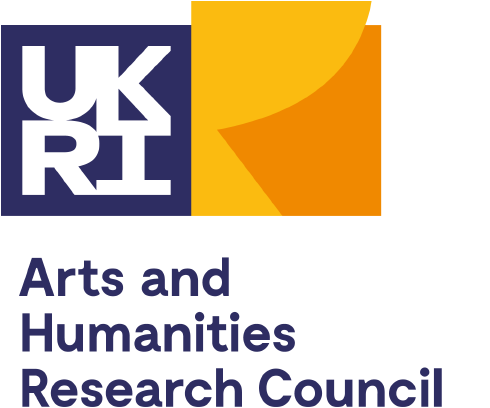It is not possible to list all scenarios due to the complexities of relationships between researchers, especially in niche research areas. Some cases will be clear cut and others will need to be judged on a case-by-case basis.
If you have any collaborative work under development with an applicant that would place you into a conflicted category once it is completed or published, you should seek guidance from the Arts and Humanities Research Council (AHRC) before starting a review.
You should not be involved in any way with a proposal prior to its submission or once a decision has been made. For example, you should not comment on, or help colleagues in preparing a proposal, or sit on advisory boards, if you have already agreed to act as a reviewer for that opportunity or scheme. If AHRC requests that you review such a proposal, you must decline the request promptly.
If you are approached by applicants to discuss their proposals in any way – whether it be before, during or after an assessment process that you are involved in – you should decline. You are free to talk to applicants about AHRC’s structures, policies and modes of operation, as long as the information is in the public domain, for example, in the Research funding guide or online. You must not divulge information about individual awards or application statistics unless the information is already in the public domain.
If you are in any doubt as to whether you should review a proposal due to a possible conflict of interest, you should contact AHRC before starting the review by replying to the request to review or emailing operations@ahrc.ukri.org
Examples of conflicts of interest
Employment and financial
Example: You have been or are currently a member of staff or professor emeritus at the same institution as any of the named investigators or project partner organisations involved in the project, or you receive personal remuneration from the institution.
Result: Conflicted if present or within the previous two years.
Example: You have a formal arrangement as an external PhD examiner within the same institution as any of the named investigators.
Result: Conflicted if present or within the previous two years.
Relationship
Example: You are a personal friend or relative of any of the named investigators or named staff on the proposal.
Result: Conflicted.
Professional relationship
Example: You are a former PhD supervisor for any of the named investigators or named staff on the proposal.
Result: Conflicted.
Example: You have worked closely or are in close regular collaboration with the named investigators, research staff, collaborators or project partners.
Result: Conflicted if present or within the previous five years.
Book or journal collaboration
Example: You are a joint editor or author with any of the named investigators (excluding membership of journal editorial boards).
Result: Conflicted if present or within the previous five years.
Project collaboration
Example: You are directly involved in the work proposed by any of the named investigators, for instance, if you have agreed to be a member on an advisory committee connected with the project.
Result: Conflicted.
Other
Example: You are intending to submit, or have already submitted, a proposal to any scheme or funding opportunity within six months of, or to the same funding round that you are being asked to provide a review for.
Result: Conflicted.
Last updated: 28 February 2022


